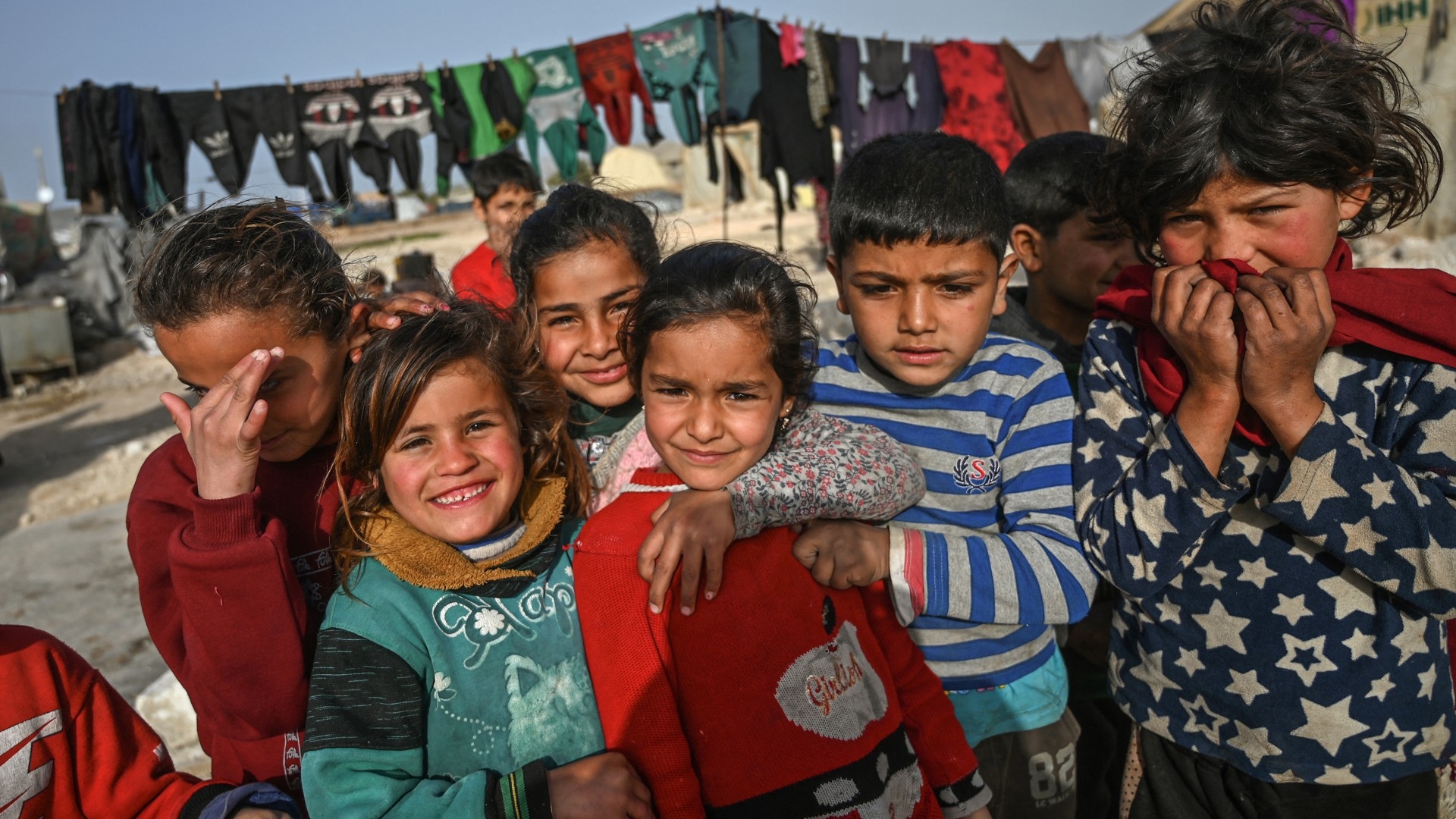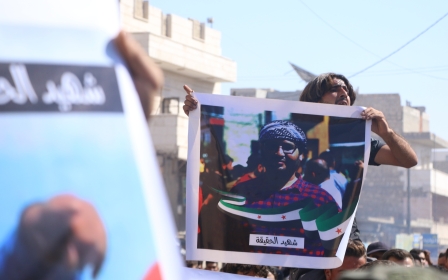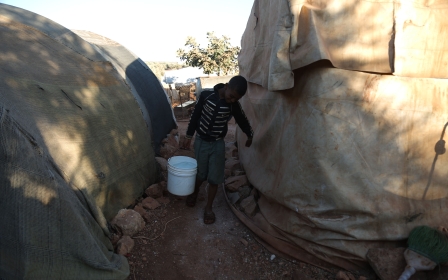TikTok profiting from displaced Syrians begging for donations, says report

TikTok is taking up to 70 percent of donations given to internally displaced Syrians during live streams in which they beg on the platform, according to a BBC investigation.
Residents in camps in northwest Syria, including children, go live on the app for several hours at a time to plead with viewers to send digital gifts which can be converted to cash.
The BBC report, published on Wednesday, followed 30 TikTok accounts broadcasting live from Syrian camps across five months. It found that streams could earn up to $1,000 an hour - but only a small portion was going to those in the videos.
The streams are being facilitated by middlemen, who provide families in the camps with phones and equipment. The middlemen told the BBC they worked with agencies affiliated to TikTok in China and the Middle East.
As an experiment, a Syrian reporter purporting to be from the camps launched a live stream, and was sent $106 by BBC staff in London. The balance of the account later showed $33 - suggesting that TikTok had taken a 69 percent cut.
New MEE newsletter: Jerusalem Dispatch
Sign up to get the latest insights and analysis on Israel-Palestine, alongside Turkey Unpacked and other MEE newsletters
Support from agencies in China
In a statement, TikTok said: “We are deeply concerned by the information and allegations brought to us by the BBC, and have taken prompt and rigorous action.
"This type of content is not allowed on our platform, and we are further strengthening our global policies around exploitative begging.”
After being contacted for comment, TikTok banned all of the 30 accounts.
The social media giant declined to confirm the exact amount of its commissions from digital gifts, but said it was significantly less than 70 percent.
The $33 received during the experiment was reduced by 10 percent when withdrawn from a local money transfer shop. The middlemen usually take around 35 percent, according to the report, leaving a Syrian family with just $19 from a $106 donation.
Hamid, one of the middlemen who works with 12 families broadcasting for several hours a day, said he was supported by agencies in China working directly with TikTok.
"They help us if we have any problems with the app. They unlock blocked accounts. We give them the name of the page, the profile picture, and they open the account," Hamid said.
Such agencies are contracted by TikTok around the world to help content creators produce appealing livestreams. Commission is paid based on the duration of the stream and the value of the digital gifts.
Around 3.1 million people live in northwest Syria, of whom 2.8m are internally displaced.
Last month, there were fears of a cholera outbreak in the region's displacement camps following a surge in cases of the infectious disease across the war-torn country.
This article is available in French on Middle East Eye French edition.
Middle East Eye delivers independent and unrivalled coverage and analysis of the Middle East, North Africa and beyond. To learn more about republishing this content and the associated fees, please fill out this form. More about MEE can be found here.




